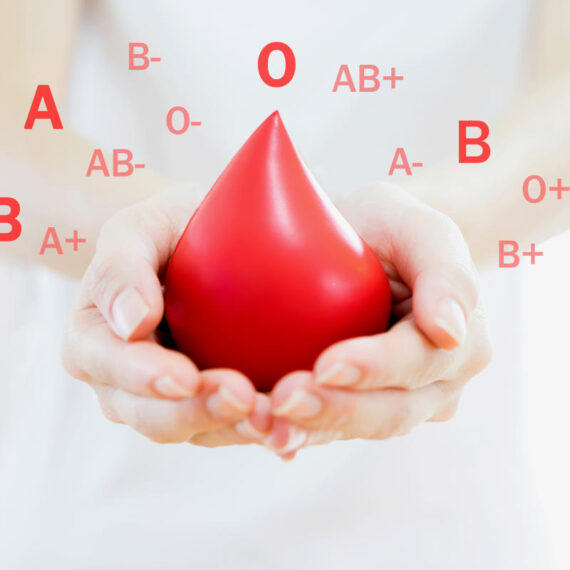Call the Lab:
+234 810 156 6324
Location:
7 Junvon Close, Ogbaku
Owerri-West LGA, Imo State, NG
Hours: Mon - Fri:
8am - 5pm
Sat: 9am - 3pm | Sun: CLOSED
- Home
- About Us
- Services & Packages
COVID-19 Testing Solutions
Nucleic Acid Amplification SARS Co-V2 and the Transcription Mediated Amplification (TMA) methodologies are used in this test. - Research
- News
- Contact Us
Blood Banking
The practice of blood banking has evolved over the years with the constant growth in technological advancements. The process has developed, ranging from the practices of transfusing whole blood to simple blood typing and antibody detection to molecular techniques.
Blood Bank Test Price List
Genotyping
₦3550
Blood Group
₦8780
Direct Antiglobulin Test (DAT)
₦6460
Indirect Antiglobulin Test (IAT)
₦6575
Antibody Identification
₦4545
Phenotyping
₦7555
Screening for current or past infections, including Price List
Hepatitis B and C
₦9850
HIV-1 and HIV-2
₦7880
HTLV-I and HTLV-II
₦9660
Syphilis
₦2375
Chagas disease
₦7445
Zika virus
₦6555
Key Components of Blood Banking
1. Blood Components
Blood donations are often separated into components to maximize their utility. These include:
- Red Blood Cells (RBCs): Used for treating anemia and blood loss.
- Plasma: Contains clotting factors, used for bleeding disorders.
- Platelets: Used to treat thrombocytopenia or bleeding.
- Cryoprecipitate: Rich in fibrinogen and clotting factors, used in specific coagulation disorders.
2. Blood Collection
- Donor Selection: Donors are screened for health, infectious diseases, and eligibility (e.g., age, weight, recent illnesses).
- Donation Types: Whole blood donation.
- Apheresis donation (e.g., platelets, plasma).
3. Blood Testing
Before blood is transfused, it undergoes rigorous testing to ensure safety:
- Infectious Disease Screening: HIV, Hepatitis B and C, Syphilis, and more.
- Blood Typing: ABO Grouping: Determines blood group (A, B, AB, or O).
- Rh Typing: Identifies Rh factor (positive or negative).
- Crossmatching: Ensures donor blood is compatible with the recipient.
4. Blood Storage and Preservation
- Blood and components are stored under specific conditions to maintain viability: RBCs: Stored at 1–6°C for up to 42 days.
- Plasma: Frozen at -18°C or lower, can be stored for up to a year.
- Platelets: Stored at room temperature (20–24°C) with constant agitation, up to 5–7 days.
Additives, like anticoagulants and nutrient solutions, extend the shelf life of blood products.
5. Transfusion Medicine
- Indications for Transfusion: Severe anemia, massive bleeding, clotting deficiencies, immune disorders.
- Risks and Reactions: Hemolytic reactions (due to mismatched blood).
- Allergic reactions.
- Iron overload from repeated transfusions.
Blood Basics
Blood is a specialized body fluid. It has four main components: plasma, red blood cells, white blood cells, and platelets.
Transporting oxygen
Nutrients to the lungs and tissues
Forming blood clots to prevent excess blood loss
Regulating body temperature
Bringing waste products to the kidneys and liver
Carrying cells and antibodies that fight infection
Visit the Lab to get tested.

Preparing for Test Help Ensure It Go Smoothly.
To reduce your wait time, complete the personal information on the form in advance most routine tests.
Patient Centered Care
We conduct extensive research and analysis to address the inquiries that facilitate progress for individuals in search of solutions.
Quality Improvement
Our team systematically analyzes specimens from over tens of thousands of patients each month and assesses the effectiveness of fifty of the leading hospitals across the nation.
Your Health And Safety Is Important To Us
Schedule An Appointment
Book A Lab Visit
Please feel welcome to contact our friendly reception staff with any general or medical enquiry. Our doctors will receive or return any urgent calls.
Quick Contact
If you have any questions or need help, feel free to contact with our team.
Send Us Email:
Call Us Today:
© 2024 Junvon Medical Laboratory & Diagnostic Services, All Rights Reserved.

